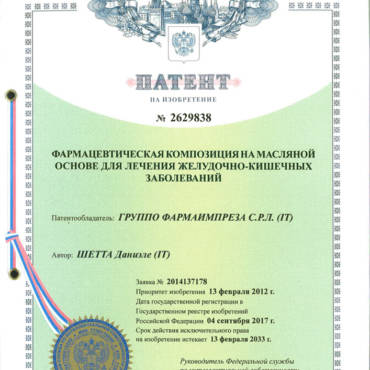Autism: New evidences to understand the disease
If you read this, you might also be interested on:
The study, coordinated by Carlotta De Filippo of the Institute of Biology and Agricultural Biotechnology (Ibba-Cnr), examined the composition of intestinal microbiome of autistic adult subjects.
The intestinal microbiome is the totality of microorganisms that ‘live’ inside human intestines.
It is known that substances in the intestinal flora are able to pass the intestinal barrier and produce effects on the nervous system.
The researchers analyzed the microbiome composition in people suffering of gastrointestinal disorders, a very common discomfort among people with autism.
This type of analytical study is critical to understanding whether the intestinal microbial has a role in the development of the disease and ultimately understands the influence of environmental or food factors.
The study uses sophisticated metagenomics and bioinformatics techniques to characterize the colonies of bacteria and, for the first time, also fungi in the intestines (the latter represent about 1-2% of the intestinal microbiome).
The results provide a set of precious markers to evaluate and guide dietary intervention studies, which is the basis of microbiome composition.
In the subjects examined, the profile of five type of microorganisms and one fungus, including coliforms, Clostridium and Candida, appear to increase as the severity of the symptoms increases.
In addition, the presence of Escherichia coli, a bacterium of inflammatory states, was found.
“The results obtained – says Duccio Cavalieri – provide the basis for future intervention studies aimed at modulation of diet and microbiome to improving the quality of life of diseased people, reducing intestinal problems common to many patients.
Sources:
Ibba – CNR, 2017
Xagena_Salute_2017
New evidences on the altered gut microbiota in autism spectrum disorders
Francesco Strati, Duccio Cavalieri, Davide Albanese, Claudio De Felice, Claudio Donati





Add Comment